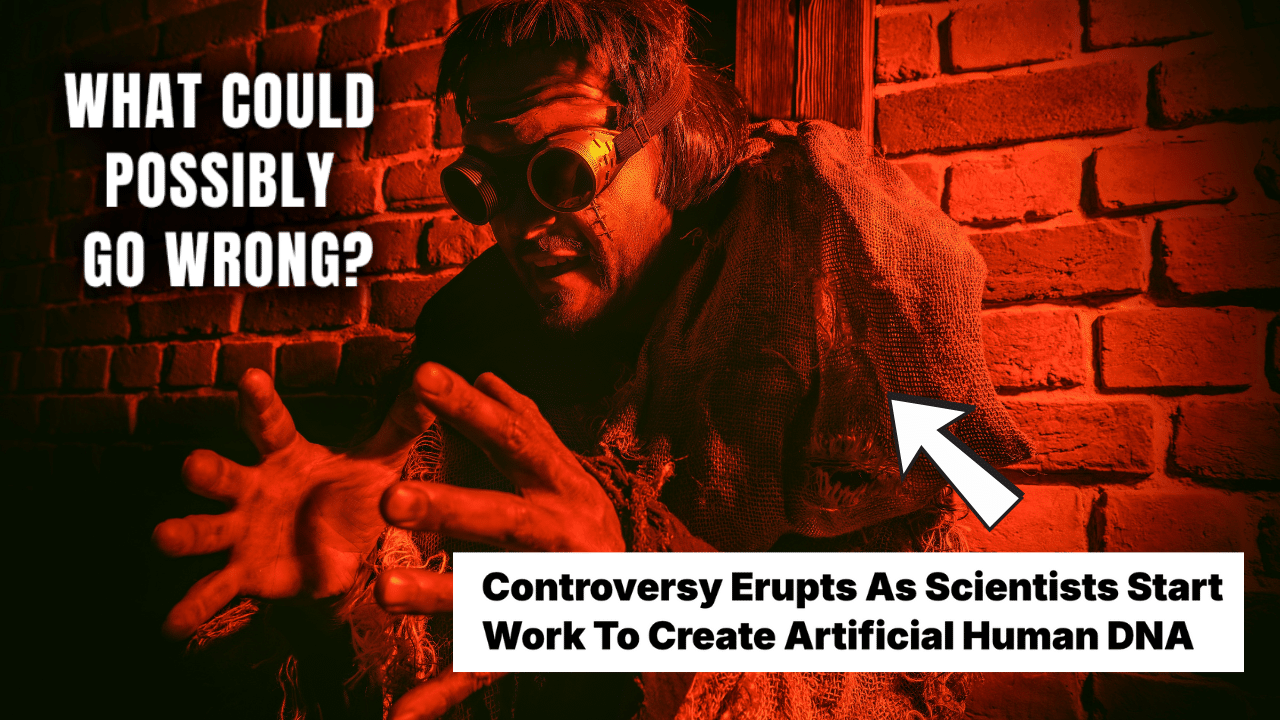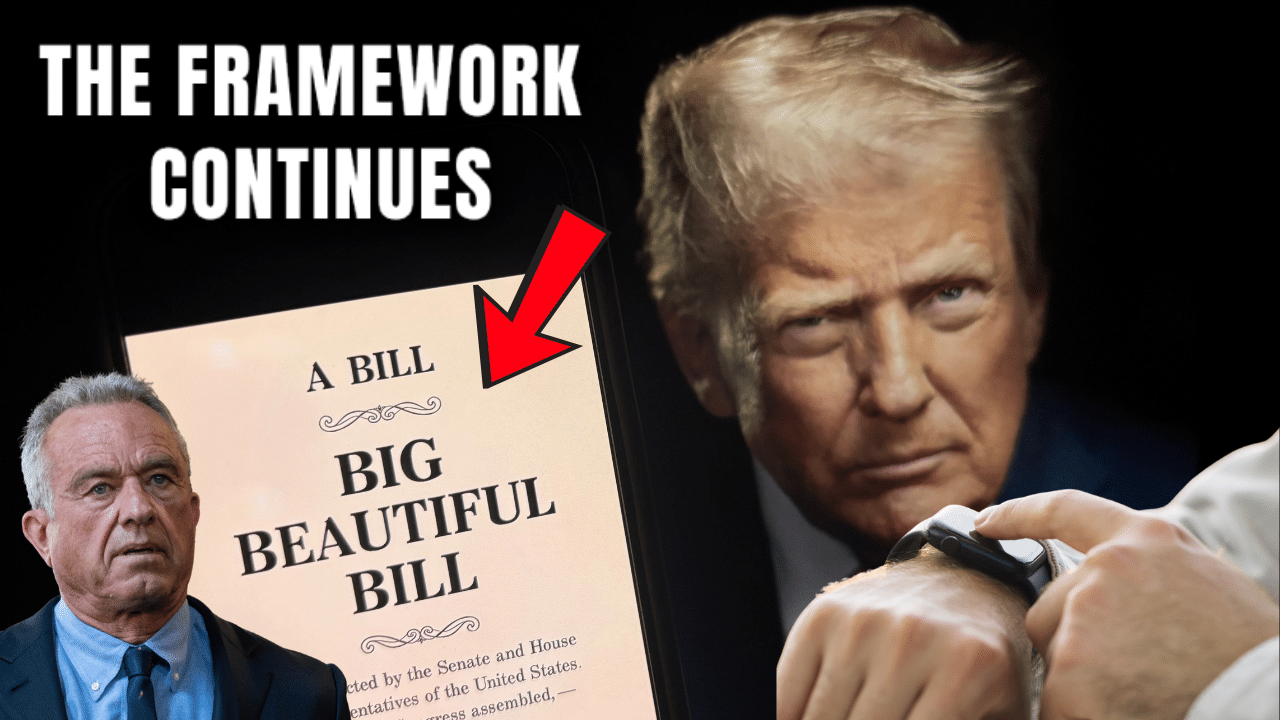California Governor Gavin Newsom delivered a powerful, nationally televised address from Los Angeles, sounding the alarm on what he described as President Donald Trump’s assault on American democracy.
The speech, titled “Democracy at a Crossroads,” came amid escalating tensions over Trump’s deployment of military forces to quell immigration-related protests in Los Angeles, a move Newsom condemned as a dangerous step toward authoritarianism.
Newsom’s address was prompted by Trump’s decision to federalize California’s National Guard and deploy 4,000 troops and 700 Marines to Los Angeles, actions taken without the consent of state or local leaders.
These forces were sent in response to protests sparked by federal immigration raids, which have stirred fear and anger in Southern California communities.
Newsom argued that Trump’s actions were not merely about managing unrest but part of a broader campaign to undermine democratic norms. “California may be first, but it clearly won’t end here,” Newsom warned. “Other states are next. Democracy is next.”
The governor accused Trump of taking a “wrecking ball” to the checks and balances that define American governance, pointing to the president’s disregard for legal constraints and congressional oversight.
“Congress is nowhere to be found,” Newsom said, criticizing House Speaker Mike Johnson for failing to hold the administration accountable.
He likened Trump’s tactics to those of authoritarian leaders, citing the president’s planned military parade in Washington, D.C., on June 14—coinciding with Trump’s 79th birthday—as a “vulgar display” reminiscent of failed dictators.
A Sweeping Military Overreach
Newsom highlighted the scope of Trump’s military intervention, describing it as a “military dragnet” that went far beyond targeting violent criminals.
“His agents are arresting dishwashers, gardeners, day laborers, and seamstresses,” Newsom said, emphasizing the indiscriminate nature of the immigration enforcement operations.
The deployment marked a rare instance of a president mobilizing the National Guard against a state governor’s wishes, a precedent not seen since the civil rights movement of the 1960s.
In response, California has taken legal action. On June 9, Newsom announced that the state was suing Trump, calling the federalization of the National Guard unconstitutional and a “manufactured crisis” designed to sow fear and chaos.
The governor argued that Trump’s executive order could allow similar military interventions in any state, posing a threat to the sovereignty of state governments nationwide.
Despite the gravity of his message, Newsom urged protesters to remain peaceful, noting that 370 individuals had already been arrested in Los Angeles for inciting violence or destroying property.
He called on Americans to stand up to Trump’s overreach through democratic means, warning that authoritarian regimes often begin by targeting vulnerable groups but eventually threaten everyone.
“If some of us can be snatched off the streets without a warrant, based only on suspicion or skin color, then none of us are safe,” he said.
The speech was a departure for Newsom, who has dyslexia and typically avoids teleprompter-driven addresses. However, the urgency of the moment compelled him to use every available platform to rally public opposition to Trump’s actions.
The address aired on national networks and, despite minor audio issues, was shared widely on Newsom’s social media accounts.










